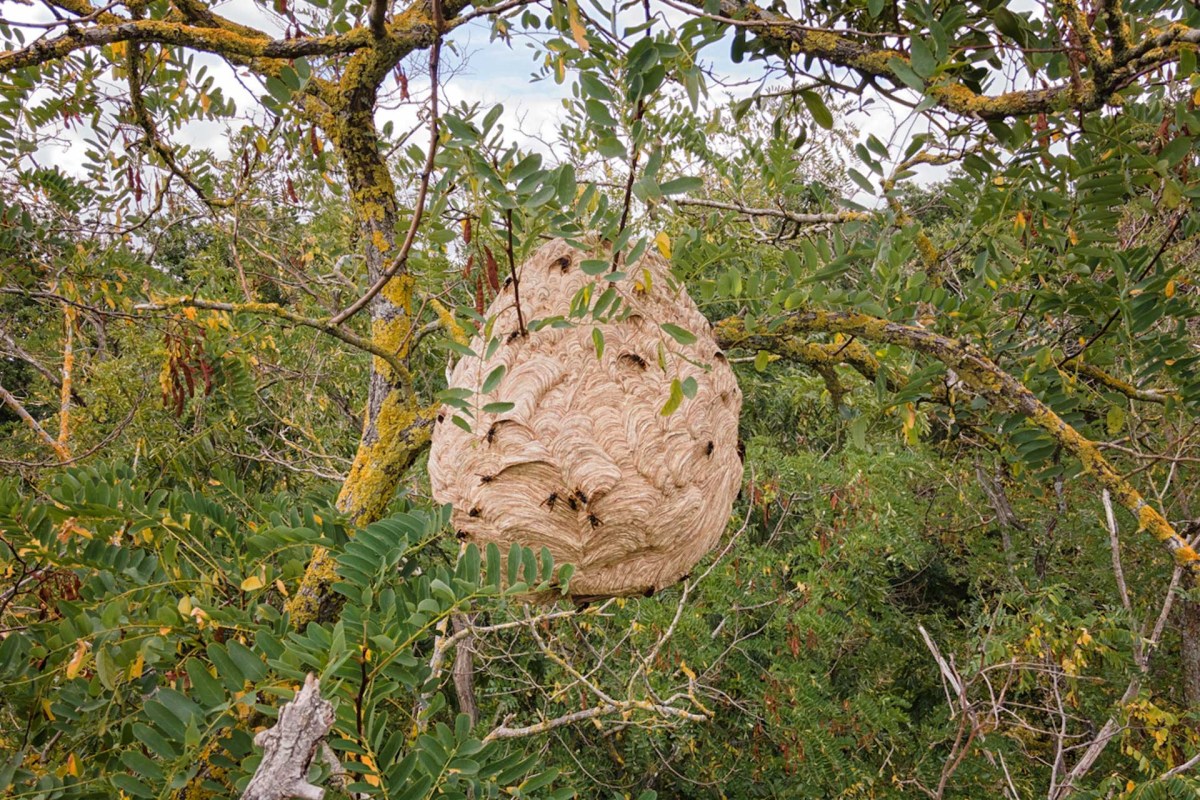Members of the European Parliament for Italy have pleaded with the European Commission to do more about the threat of yellow-legged hornets, which are killing off bees at an alarming rate.
What's happening?
According to the Guardian, politicians from the right-wing Forza Italia party have called on the Commission to introduce "specific measures to fight against the diffusion of the insect through funding control systems with EU resources."
The presence of the invasive insects has increased throughout Europe since the first sighting around 20 years ago in France. They have been spotted in Spain, Belgium, the United Kingdom, the Netherlands, Portugal, and Italy.
The hornets are believed to have been brought to the continent from a container ship that delivered pottery to the port of Bordeaux.
Why is this so concerning?
"Since 2004, this has caused a significant decline in the bee population in some EU countries," MEP Salvatore De Meo told Italian publication Il Messaggero, per the Guardian. "This phenomenon jeopardizes traditional pollinators, especially the honeybees on which the production of high-quality Italian honey depends, and risks damaging our biodiversity."
The British Beekeepers Association says the yellow-legged hornet, otherwise known as the Asian hornet, can kill as many as 50 honeybees a day, posing a real threat to the population of a vital pollinator.
In addition to killing bees, the hornets hover outside of hives and prevent their prey from collecting nectar and pollen, which stops them from eating and impacts the natural process of pollination.
The Guardian says honey production in Liguria in Italy has been reduced by around 50%, with local producers growing increasingly concerned.
President of the beekeepers' association in Veneto Michele Meridio told the publication, "We are worried."
What's being done about yellow-legged hornets?
Many countries that have witnessed yellow-legged hornets have set up websites to report sightings, including the UK Government's Department for Environment, Food and Local Affairs.
The problem must be tackled as soon as possible, and local authorities must be made aware so nests can be destroyed.
It's not a good idea to try to destroy nests yourself, as the creatures can be aggressive, and the stings can be painful and dangerous to those who suffer from anaphylaxis.
Sealing outdoor waste containers and ensuring sugary foods aren't left uncovered are steps to avoid attracting insects and allowing them to thrive.
Elsewhere, there are measures you can take at home to encourage the presence of bees and help boost their population.
Installing a bee hotel in your garden can entice the fuzzy pollinators and adding native plants in your yard is an effective and attractive way to give bees flowers to pollinate.
Join our free newsletter for cool news and cool tips that make it easy to help yourself while helping the planet.









